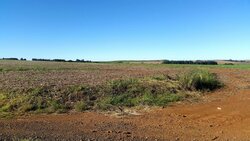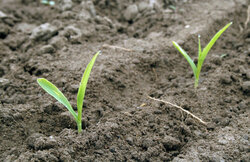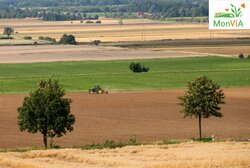"Our daily bread….” How can it be produced more sustainably and what does it cost?
German and other European arable farmers are much more exposed to global competition than they were 20 years ago. At the same time, arable production systems are facing major changes. This is driven by agronomic challenges, such as increasing pesticide resistance issues, as well as rising society requirements to reduce the environmental impact of arable farming.
Therefore, it is important for policymakers, the public and, especially, entrepreneurs, to know what consequences changes in the political, technological and legal framework have for arable farming. We provide the necessary analyses.
For our research, we use technical production and economic data of typical crop farms, which we collect within the context of the agri benchmark network on national and international levels. This network is coordinated by the Thünen Institute and by the non-profit company (gUG) global networks. In addition, we evaluate data from official agricultural statistics, farm advisory services as well as the farm accountancy data network (FADN). In this way, we develop policy- and practice-relevant answers to the following questions:
- How do changes in the legal framework, such as the EU agricultural reform, affect German arable farms?
- How can production systems be further developed in an economically viable manner in order to overcome agronomic challenges and meet social expectations?
- How do changes in production systems impact the international competitiveness of German arable farms?
- What potentials do new technologies offer and what is necessary to realise them?
- How and at what cost can the use of pesticides and fertilisers be reduced?
- How can biodiversity-enhancing measures be considered and established in conventional arable farming?
- What priorities should policy-makers set in shaping climate protection in agriculture?
- What are the interactions between energy production on arable land and crop farming?



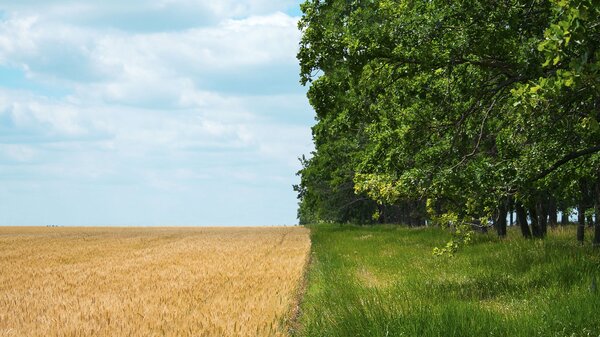
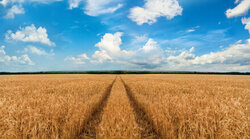
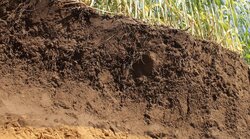
![[Translate to English:] International competitiveness and further development of production systems in arable farming](/media/_processed_/2/5/csm_2460_ipl-272__Fotolia_167128134_L_large_3f2a202092.jpg)
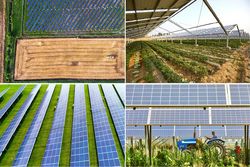
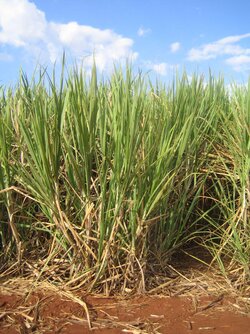
![[Translate to English:] Autonomous agricultural machinery](/media/_processed_/a/f/csm_1467_Organigramm_b71261dda5.png)
